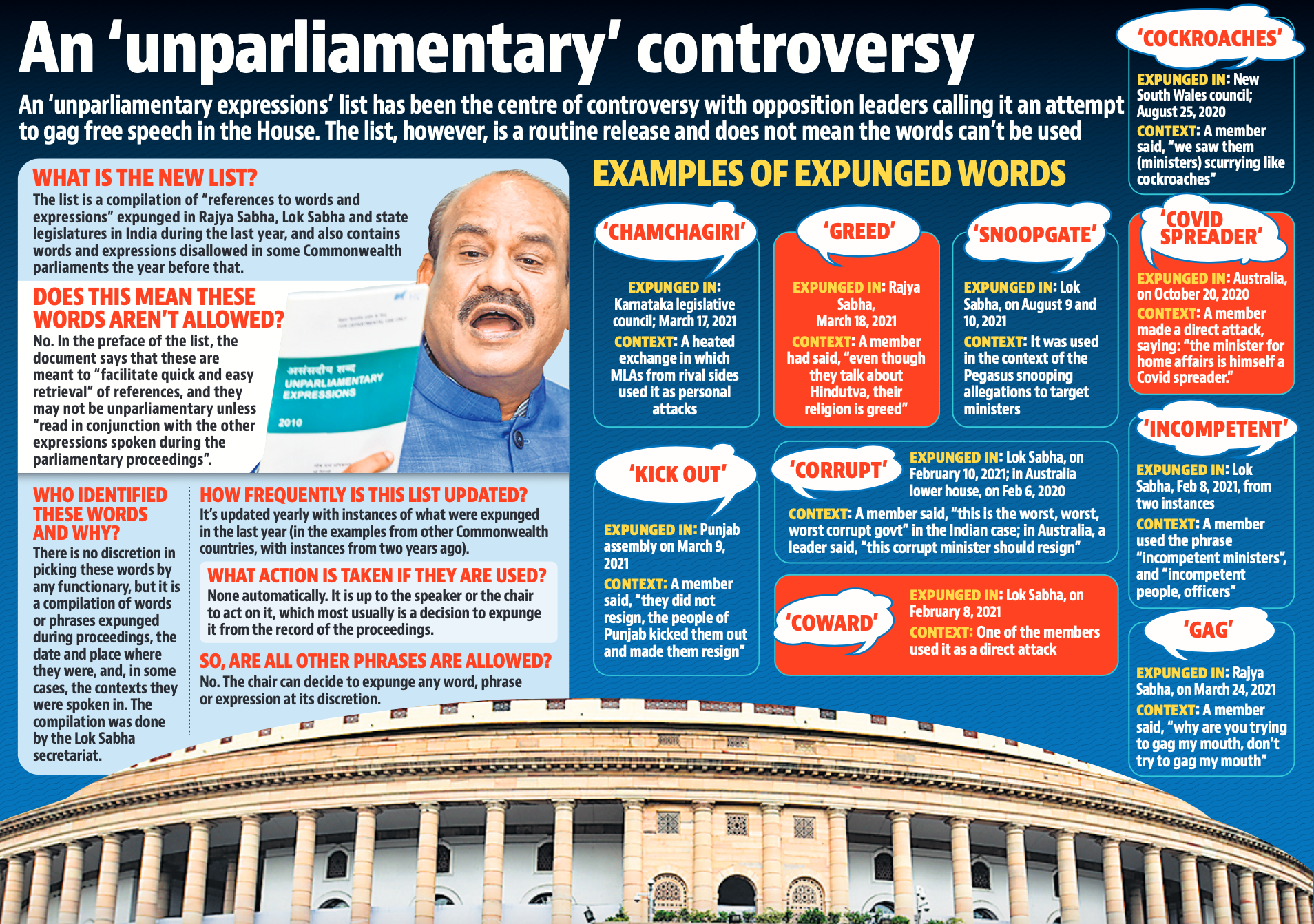| | | Good morning! | | Idioms are for idiots – that’s one of the 25 points in a list I put together almost a decade ago titled “25 guidelines to write better for Mint”. Many Indians writing in English love idioms – perhaps because of the way they were taught the language (or because of the people who taught them the language, or the books used to teach them the language, or all three). They also love adages. Most Indian newspapers, including the one I edited and the one I currently edit, arguably have more idioms and adages than English language newspapers elsewhere. I worry about this because words matter – which means I do not particularly agree with the old adage about sticks, stones, and words. On an entirely different note (while on the subject of words), three words became the ultimate pick-up line in the history of the universe this week — “Reply my SMS”. I’m hoping some smart entrepreneur is churning out mugs and T-shirts with this inspirational (and aspirational) message. It is clear that the Lok Sabha secretariat agrees with me (that words matter). It has put together for the benefit of parliamentarians, a publication “Unparliamentary Expressions, 2021”, which served as the basis for Thursday’s pointless controversy-that-wasn’t-really-one. There is almost one such every day. As mentioned in its preface, the publication “contains references to words and expressions declared unparliamentary in Lok Sabha, Rajya Sabha, and state legislatures in India during the year 2021” and those “disallowed in some of the Commonwealth Parliaments in the year 2020.” The release of the publication – it is part of a series; a book titled Unparliamentary Expressions, which lists words and expressions deemed unparliamentary in the Central Legislative Assembly, the Constituent Assembly, the Provisional Parliament, and the first to 14th Lok Sabha, Rajya Sabha, state legislatures, and some Commonwealth countries, is available for sale to MPs for Rs 1,700; and there have been updates through the years, the last in 2019 -- created a buzz with several opposition parties crying “censorship”, but as Lok Sabha speaker Om Birla explained, it was anything but. One of my colleagues, with years of experience covering Parliament, said it is usually a document that gets no attention. Nor should it — although, thanks to all the noise, many Indians now know that such a document exists.  (Click to expand) | | THINK Just like many Indians now know all they need to know (and also all that they should have already known) about their national emblem. Suddenly, perspectives, the science of scaling up, even big cat canines, were being discussed as if we had nothing better to do. I am not going to weigh in on the debate simply because this is not one that is going to be won on the strength of facts. But this is what HT had to say on the controversy. | | | | THINK MORE All through 2020 and 2021, the word most used in the statements and policies of both the Reserve Bank of India and the Union finance ministry was growth — and understandably so. The pandemic was raging, countries were responding with lockdowns that curbed most economic activities, supply chains were broken, and people were losing their lives or livelihoods. From early this year, though, another word (not a new one, though) supplanted growth in terms of both its appearance in statements emanating from Mint Street and North Block, and the importance assigned to it by people in these two addresses — inflation. But data released this week threw up a surprise — inflation may have bottomed out. Both RBI and the finance ministry have said they will continue to keep a close eye on inflation — and they should; there are some worrying signs in the pattern of monsoon rainfall — but they would do well to continue to push for growth. | | KNOW How does one reconcile these words? Floods — such as those we have seen across the breadth of the country, from Assam to Gujarat. Normal — which is what the numbers say the aggregate level of monsoon rainfall has been thus far this year. And deficiency — such as that in the rainfall in Bihar, Jharkand, West Bengal, and Uttar Pradesh. The answer — according to the country’s best data journalist in matters related to weather, HT’s Abhishek Jha — may live in another word: extreme, as in instances of extreme rainfall (rain in excess of 24.45 cm a day). This year, it turns out, has seen the second highest number of extreme rainfall events. | | LEARN Making the jump from words to numbers, specifically 80, the question is should we be worried about the rupee at 80? Politics apart — in the first half of the last decade, the Bharatiya Janata Party, then in the Opposition, used the falling rupee and rising fuel prices to highlight what it said was the incompetence of the then UPA government in managing the economy — there isn’t much to be gained by focusing on the number. As Rahul Bajoria, one of the smartest young economists in the country, wrote in HT, “Sensationalism around exchange rates and big figures is unwarranted.” His take: India may have to live with the reality of a “more significant current account deficit” but in the medium-term “India’s attractiveness as an investment destination…Will reflect in all macro indicators, including the rupee.” | | READ MORE Why this World Athletics Championship is different for India A new trade route via Iran to India The fight for Chandigarh The casteless village experiment in Tamil Nadu | | OUTSIDE  (Quantamagzine) Words and numbers have come together spectacularly in the life (and work) of June Huh, this year’s Fields Medal winner for his work on what can be only be called (I am sorry but I haven’t fully grasped the potential of his work, although what little I have, has left me amazed at the sophistication) the unified theory of math — or applying one way of looking at a math problem (there are many ways, algebraic, geometric, combinatorial etc) to solve a problem that everyone has hitherto only looked at in other ways. The mathematician, who teaches at Princeton, didn’t like math in school, dropped out to be a poet, and then drifted into higher-order math in graduate school. | | WHAT I'M READING I am around a third through it but Tim Dee’s Greenery: Journeys in Springtime is already the best nature (and bird) book I have read in a long time. Dee follows spring (the season) as it travels north (at an easy pace) from South Africa to the northern tip of Europe, from the winter solstice to the summer solstice, and along with birds that make the same journey year after year. | | WHAT I’M LISTENING TO Another album that turned 50 this year, The Rise and Fall of Ziggy Stardust and the Spiders from Mars. It isn’t David Bowie’s best album — I rate both Hunky Dory and Low higher — but it is among the most trippy, replete with pop flourishes, some exceptional guitar playing by Mick Ronson (his work on Moonage Daydream is perhaps his best). Then there’s the imagery it has acquired over the years since its launch. | Please share your feedback with us What do you think about this newsletter? | | Were you forwarded this email? Did you stumble upon it online? Sign up here. | | | | | | Get the Hindustan Times app and read premium stories | | | | | | View in Browser | Privacy Policy | Contact us You received this email because you signed up for HT Newsletters or because it is included in your subscription. Copyright © HT Digital Streams. All Rights Reserved | | | | |